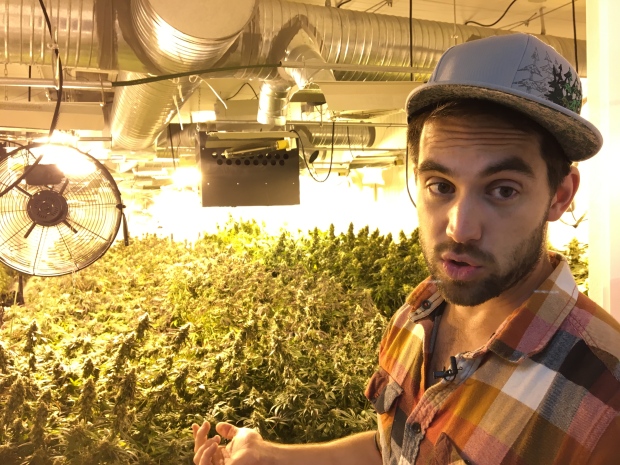
I don’t know about your town, but Trick-or-Treat has gotten unbelievably lame around here, so lame that teenagers wouldn’t be caught dead Trick-or-Treating anymore. I don’t blame them a bit. First, Trick-or-Treat now happens in broad daylight. No self-respecting Trick-orTreater ever goes out until after dark. These days, parents, in street clothes, lead their toddlers around the neighborhood dressed in licensed, store bought costumes, depicting trademarked TV superheroes and cartoon characters, in the middle of the afternoon.

Even the kids look perplexed. “Why do we do this?” They all seem to say. Why, indeed? All that’s left of Trick-or-Treat is the stuff you spend money on: corporate costumes, corporate candy, Chinese-made animatronic e-waste, inflatable plastic crap, and dollar store decorations, none of them scary. They’ve outlawed, or done away with, everything else. How did it come to this?

I blame the media. Any time someone got hurt or killed Trick-or-Treating, the Press made a big deal of it. Kid gets hit by a car on August 31, not news, but a kid in a costume gets hit by a car on October 31, big news. The media unnecessarily sensationalized Trick-or-Treat mishaps, like kids eating drugged candy, biting into apples with needles stuck in them, or getting hit by cars on dark roads. Widespread reports of these isolated incidents whipped the public into a frenzy that allowed churches, “do-gooders” and cops to chop the balls off of Halloween.

Trick-or-Treat is supposed to be dangerous…dangerous and scary, and it’s supposed to happen at night, in the dark. No flashlights, no reflective material, wearing mostly black, homemade costumes with identity concealing masks, we’d go door to door begging for candy, with the threat of real mischief. Trick-or-Treat meant “cough-up the sweet stuff or we’ll TP your house, leave a flaming bag of dog-do on your porch, or shmush a moldy rotten pumpkin on the windshield of your car.

Yes, Trick-or-Treat is all about aggressive panhandling after dark. That’s why we call it “Beggars Night”. Superheroes don’t beg. Cartoon characters don’t beg. Grotesque, deformed, diseased, and demented people beg. Scary-looking, dangerous and needy people beg. Drug-addicts, bums and street urchins beg. Proper Trick-or-Treat costumes reflect this.

When these hideous, pitiful creatures knock on your door, recoil in horror, give them a treat, and thank your lucky stars that you don’t share their fate. Or, scare them off by jumping out of the bushes in your own hideous costume, when they approach the door. But, if you refuse to answer the door, and offer no treats, you probably deserve whatever they do to you, because you were too much of a coward to face them directly.

I think its high time to reclaim “Beggars Night.” Begging, not prostitution, is the oldest profession. Like prostitution, begging will outlast us all. Begging is a part of life, it’s part of the fabric of our culture that won’t go away. On “Beggars Night” everyone can be a beggar, and everyone in your community will know how you treat the beggars who come to your door.

In this way “Beggars Night” teaches young people how to treat the unfortunate people who will ask them for help throughout their lives, and why its important not to turn your back on them. It seems that too many adults in this area never learned that lesson. While begging is shameful, its not nearly as shameful as it is to be uncharitable to strangers in need. Besides that, “Beggars Night” used to be a hell of a lot of fun!























































